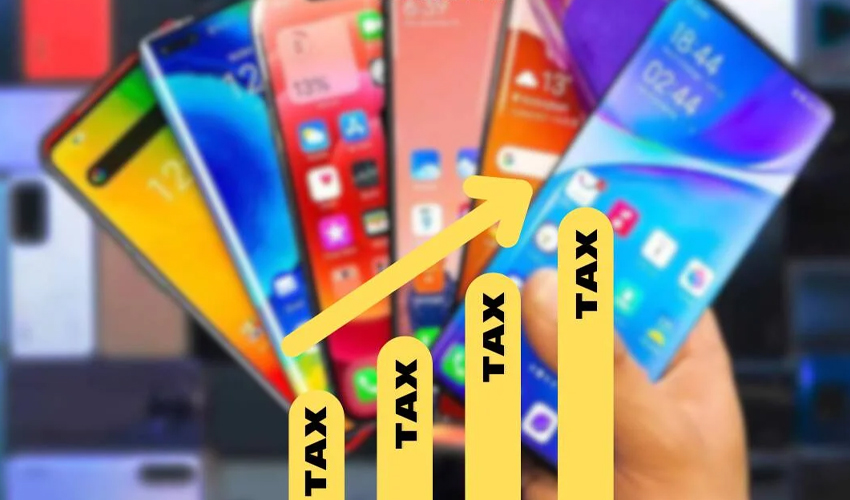In a significant development impacting Pakistan’s digital landscape, the new budget has introduced hefty taxes on mobile phones, potentially affecting accessibility and growth in the sector.
The government has imposed a sales tax ranging from 18% to 25% on mobile phones, raising concerns among consumers and industry stakeholders alike.
Mobile phones, once heralded as a necessity and catalyst for digital advancement, are now set to become more expensive due to these taxes.
Critics argue that such a drastic decision was made without sufficient consultation, risking adverse effects on digital inclusion and economic growth.
Local manufacturing of global mobile phone brands in Pakistan, aimed at fostering competition and boosting employment, faces immediate challenges. Experts predict difficulties in absorbing the increased costs and warn of potential price hikes that could deter consumer demand.
Moreover, the new budget also introduces a 75% advance tax on mobile balance loading and raises the General Sales Tax (GST) from 15% to 19%. This means that for every Rs100 loaded onto a mobile balance, users will receive only Rs5.50, exacerbating financial burdens on consumers.
As stakeholders assess the impact and voice concerns over the implications for both local production and consumer affordability, the future of Pakistan's mobile industry hangs in the balance amidst these regulatory changes.



























